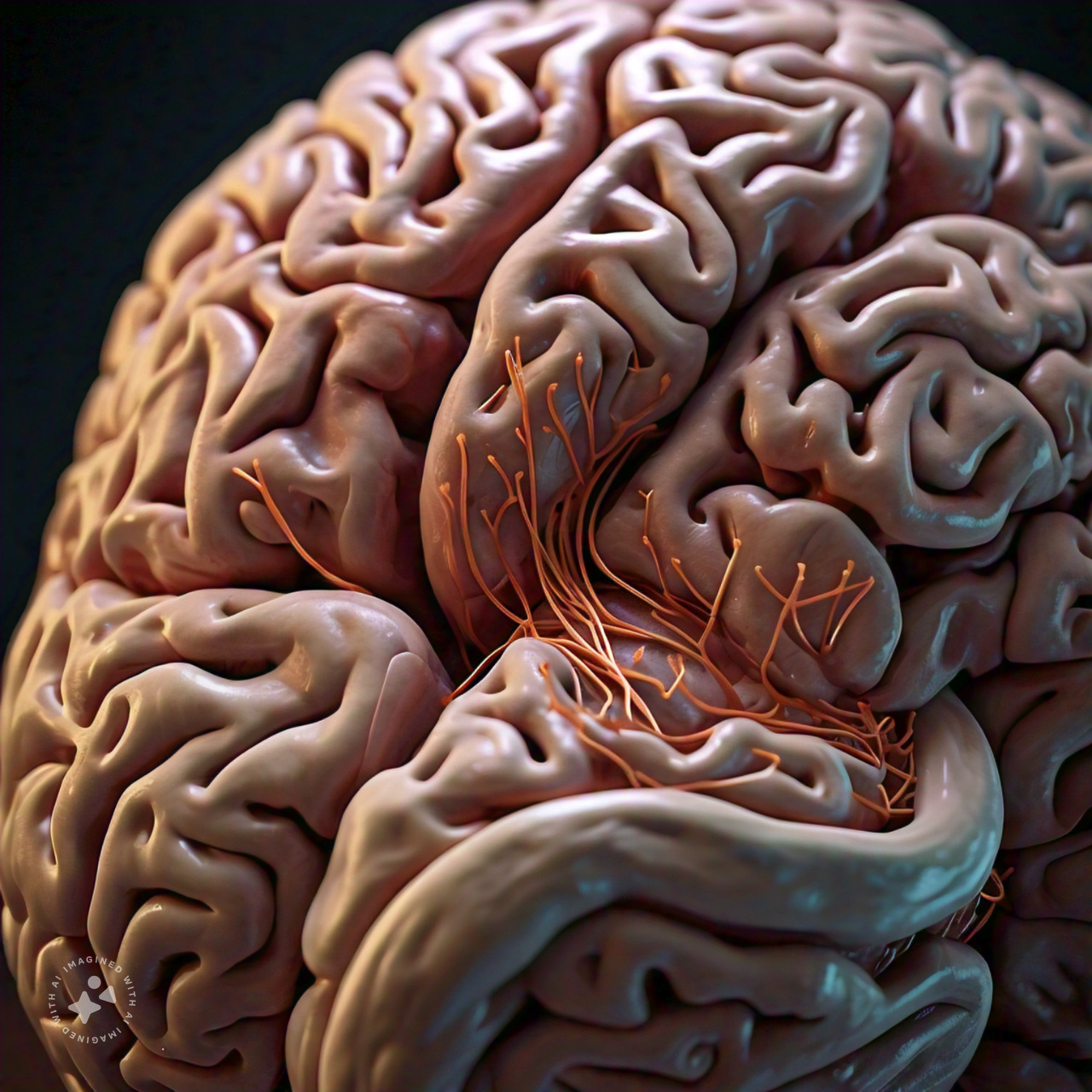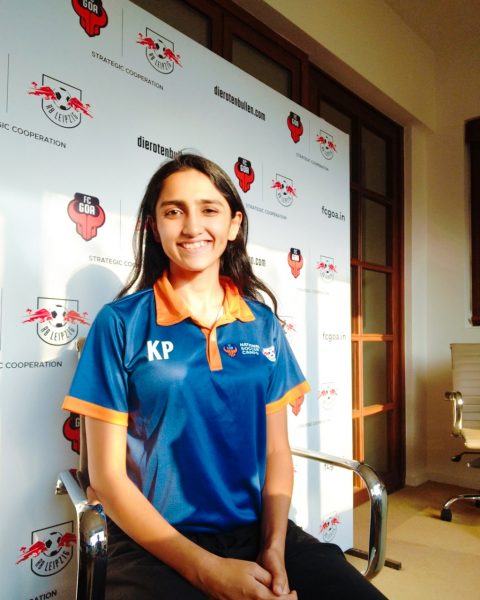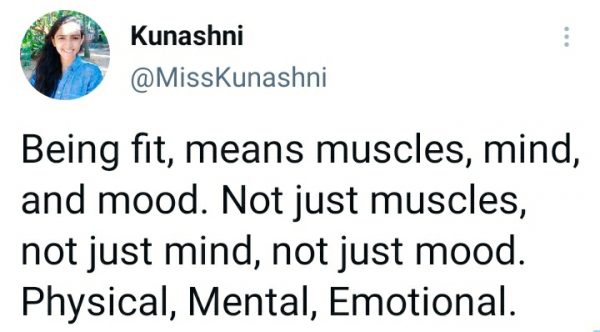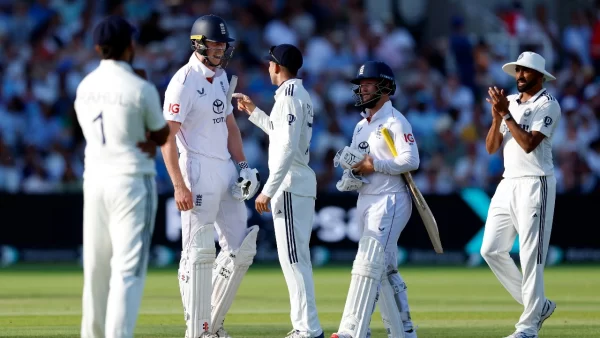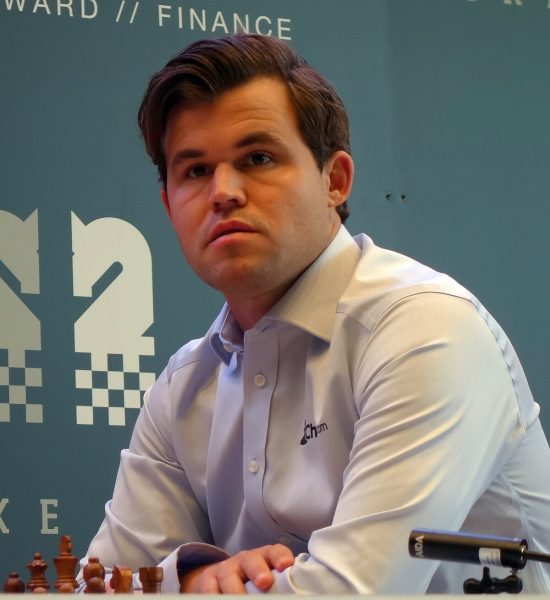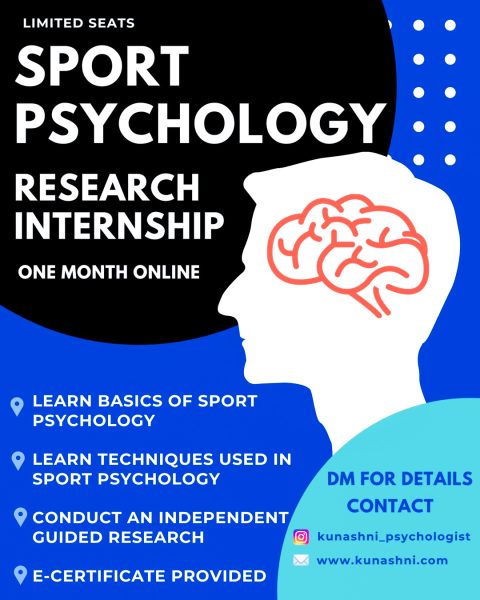For athletes striving for peak performance, every detail matters—from training routines to nutrition, rest, and recovery. One factor that often gets overlooked, yet plays a significant role in performance, is the consumption of alcohol. While occasional social drinking might seem harmless, alcohol can severely hinder an athlete’s physical and mental capabilities, especially from a brain-level perspective.
In this article, we’ll explore how alcohol affects the brain and why athletes should think twice before indulging, particularly if they’re serious about maximizing their performance potential. As a Sports Psychologist, this is an important topic to address.

Alcohol and the Brain: A Disruptive Influence
When alcohol enters the bloodstream, its effects are widespread, but the brain—an athlete’s control center—is particularly vulnerable. The brain orchestrates everything from motor coordination to decision-making, emotional regulation, and focus. For an athlete, these functions are critical to success in any sport. Alcohol disrupts these key areas, leading to both immediate and long-term performance declines.
Motor Skills and Coordination: The Cerebellum’s Compromise
The cerebellum, a region of the brain responsible for fine motor control and balance, is one of the first areas affected by alcohol. Even small amounts of alcohol can impair coordination and motor skills, leading to slower reaction times and decreased balance—qualities essential for athletic performance. Whether you’re running, jumping, or shooting, precise motor control is critical, and alcohol compromises this delicate coordination.

Even after alcohol leaves the bloodstream, these effects can linger for hours, sometimes into the next day. For athletes, this means that even “moderate” drinking the night before a training session or competition can result in reduced motor skills, impairing their ability to perform at their best.
Alcohol and Brain Aging: The Hidden Cost of “Social” Drinking
A groundbreaking study from the UK Biobank, published in Nature Communications (Daviet et al., 2022), has revealed a stark truth about the impact of even moderate alcohol consumption on the brain. The research shows that “social” drinking leads to a measurable loss of grey matter, the part of the brain responsible for processing information, motor skills, and memory. Even more striking, increasing alcohol intake from just half a glass to one glass per day accelerates brain aging by up to two years. For athletes, who depend on peak cognitive function for split-second decisions and performance, this finding serves as a powerful reminder: even small amounts of alcohol can significantly compromise the brain’s ability to perform at its best over time.
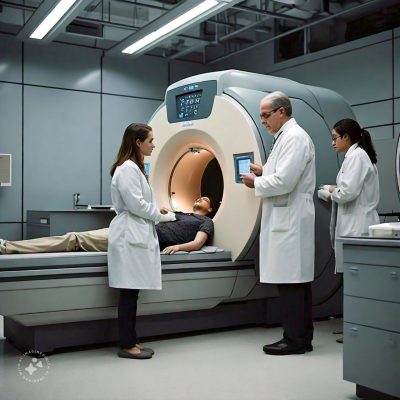
Reaction Time and Decision-Making: Prefrontal Cortex Impairment
The prefrontal cortex, often referred to as the brain’s decision-making hub, governs high-level cognitive functions like planning, judgment, and impulse control. Alcohol impairs this region, resulting in slower reaction times, poor decision-making, and diminished focus. For an athlete, these deficits can be disastrous. In fast-paced sports, where quick decisions and split-second reactions are crucial, even a slight delay in response time can mean the difference between winning and losing.
Moreover, alcohol affects an athlete’s ability to strategize and adapt during competition. Whether it’s a tennis player needing to anticipate their opponent’s next move or a football player deciding how to react under pressure, the ability to make sharp, informed decisions on the fly is vital. Alcohol clouds this ability, leaving athletes mentally sluggish and prone to mistakes.
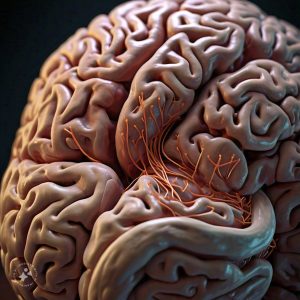
Memory and Learning: The Hippocampus Effect
In addition to motor control and decision-making, alcohol affects the hippocampus, the part of the brain responsible for memory and learning. Athletes rely heavily on these functions to master techniques, memorize plays, and learn from both successes and failures. Alcohol impairs the hippocampus, leading to difficulty in retaining new information and hampering an athlete’s ability to improve through repetition and training.
Even after short-term alcohol consumption, studies show that learning and memory processes are compromised, which can impede an athlete’s ability to absorb feedback from coaches or recall strategies during games. For those serious about honing their skills and making continuous progress, alcohol introduces an unnecessary obstacle to mental growth and refinement.

Disrupted Sleep Patterns: Alcohol and the Brain’s Recovery Cycle
Sleep is a vital component of athletic recovery. During sleep, the brain consolidates new information, repairs neural connections, and flushes out toxins. However, alcohol disrupts the body’s natural sleep cycle, particularly REM sleep—the deep stage of sleep that is critical for cognitive function, memory consolidation, and physical recovery.
Athletes need quality sleep to allow their brains and bodies to recover fully after intense training sessions or competitions. Consuming alcohol can interfere with both the quality and duration of sleep, leaving athletes feeling mentally fatigued and physically sluggish. Over time, poor sleep patterns can result in chronic fatigue, diminished focus, and a weakened immune system—all detrimental to athletic performance.
Emotional Control: The Amygdala and Stress Response
The amygdala, a part of the brain that plays a crucial role in emotional regulation, is also affected by alcohol. Athletes often face high-pressure situations that require emotional control and the ability to remain calm under stress. Alcohol consumption disrupts the amygdala’s functioning, leading to heightened emotions, irritability, and reduced ability to manage stress.
For athletes, staying composed during critical moments is essential for making effective decisions and maintaining mental resilience. Alcohol not only impairs emotional regulation in the short term but, with chronic use, can lead to long-term issues with anxiety and stress management, further compounding its negative effects on athletic performance.

Long-Term Brain Damage: Neurodegeneration and Cognitive Decline
The more prolonged and frequent the use of alcohol, the greater the risk of long-term damage to the brain. Chronic alcohol consumption leads to neurodegeneration, or the slow death of brain cells, particularly in regions like the prefrontal cortex and hippocampus. For athletes who rely on their mental sharpness and cognitive flexibility, this is a serious risk.
In the long run, neurodegeneration can result in significant cognitive decline, reducing an athlete’s ability to learn, strategize, and adapt. This makes the recovery from injuries more challenging, both physically and mentally. For athletes whose careers often depend on their mental sharpness and ability to evolve with the game, alcohol can severely undermine long-term success.
Practical Steps: Avoiding Alcohol’s Brain-Level Pitfalls
For athletes committed to peak performance, abstaining from and significantly limiting alcohol consumption is a wise choice. Here are some practical steps to avoid alcohol’s detrimental effects:
- Prioritize Hydration and Recovery: Instead of reaching for a post-game drink, focus on hydration and nutrition that support brain function and recovery.
- Plan Around Social Events: If alcohol is part of social activities, stick to water or non-alcoholic options to prioritize performance. Avoid Peer Pressure and try 0% alcohol drinks for similar taste preferences.
- 3. Monitor Sleep Quality: Ensure that sleep is a non-negotiable part of your training regimen. Alcohol disrupts sleep, so maintaining regular, quality sleep is key for mental and physical recovery.
- Address Emotional Triggers: Use techniques such as mindfulness, breathing exercises, or meditation to manage stress and emotional pressure, reducing the temptation to use alcohol as a coping mechanism.
- Consult Sports Professionals: If you’re uncertain about how alcohol may be affecting your performance and are unable to manage it, talk to a sports psychologist who can help with strategies to attain your athletic goals.

Conclusion: The Brain’s Essential Role in Athletic Success
The brain is central to athletic performance. It governs everything from motor skills and coordination to decision-making, memory, and emotional control. Alcohol, by disrupting these crucial brain functions, introduces unnecessary hurdles that can significantly undermine an athlete’s ability to perform at their peak.
From impairing reaction times and disrupting sleep to long-term neurodegeneration, the brain-level consequences of alcohol are too significant to ignore. Athletes who are serious about their craft must recognize the importance of mental clarity and resilience—and alcohol, with its far-reaching effects, stands in direct opposition to these goals.
In sports, every advantage counts. To reach the top and stay there, athletes must not only train their bodies but also protect and nurture their most important asset: their brain. Avoiding alcohol is a key step in ensuring that the brain is functioning at its absolute best, enabling athletes to achieve their full potential, both now and in the future.

